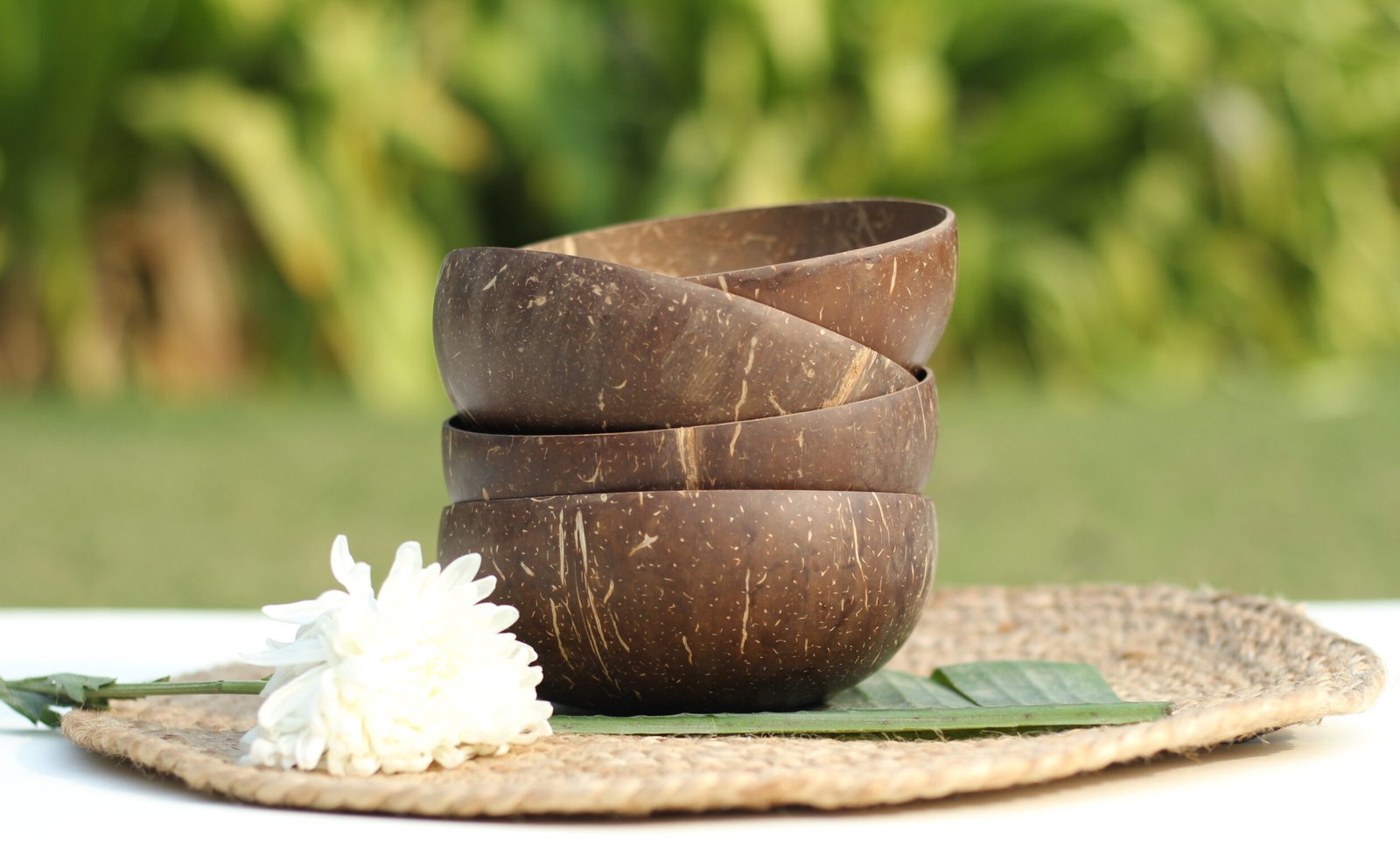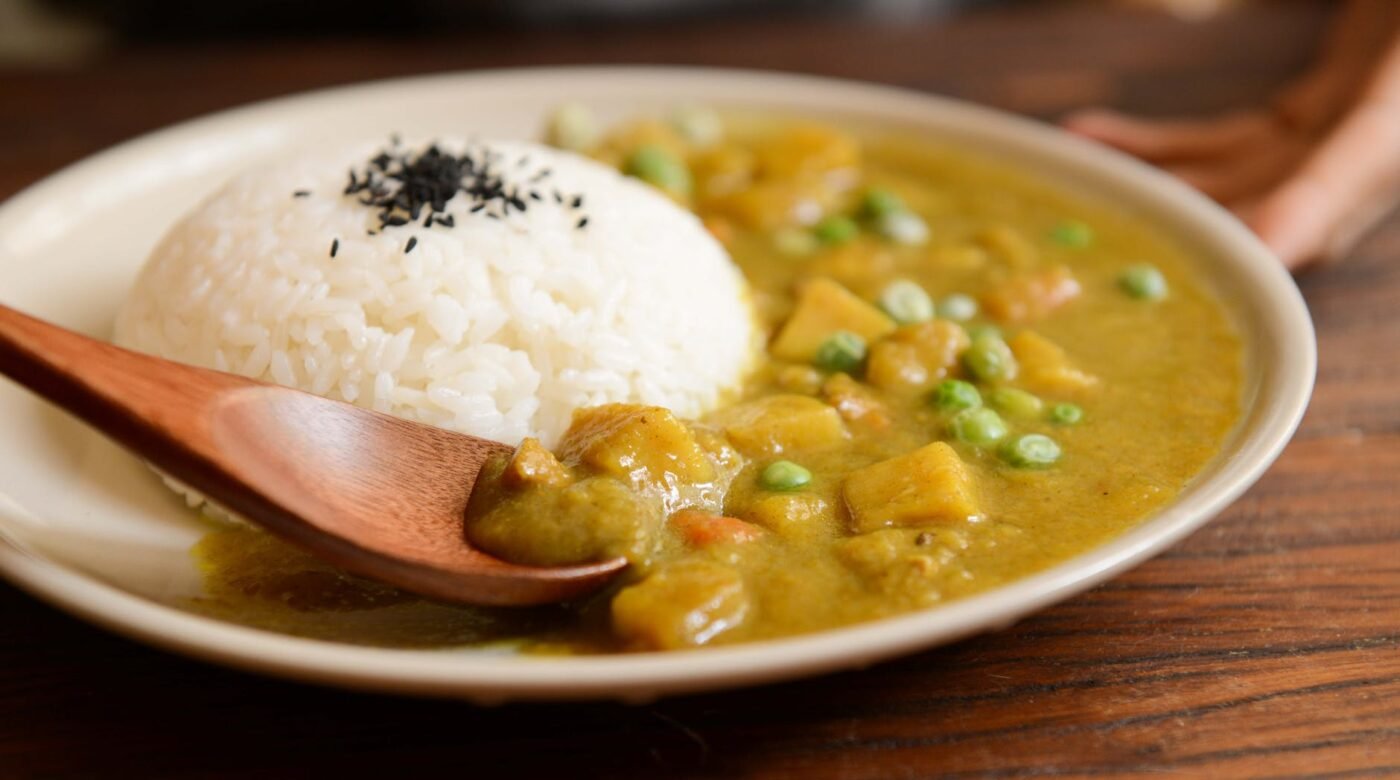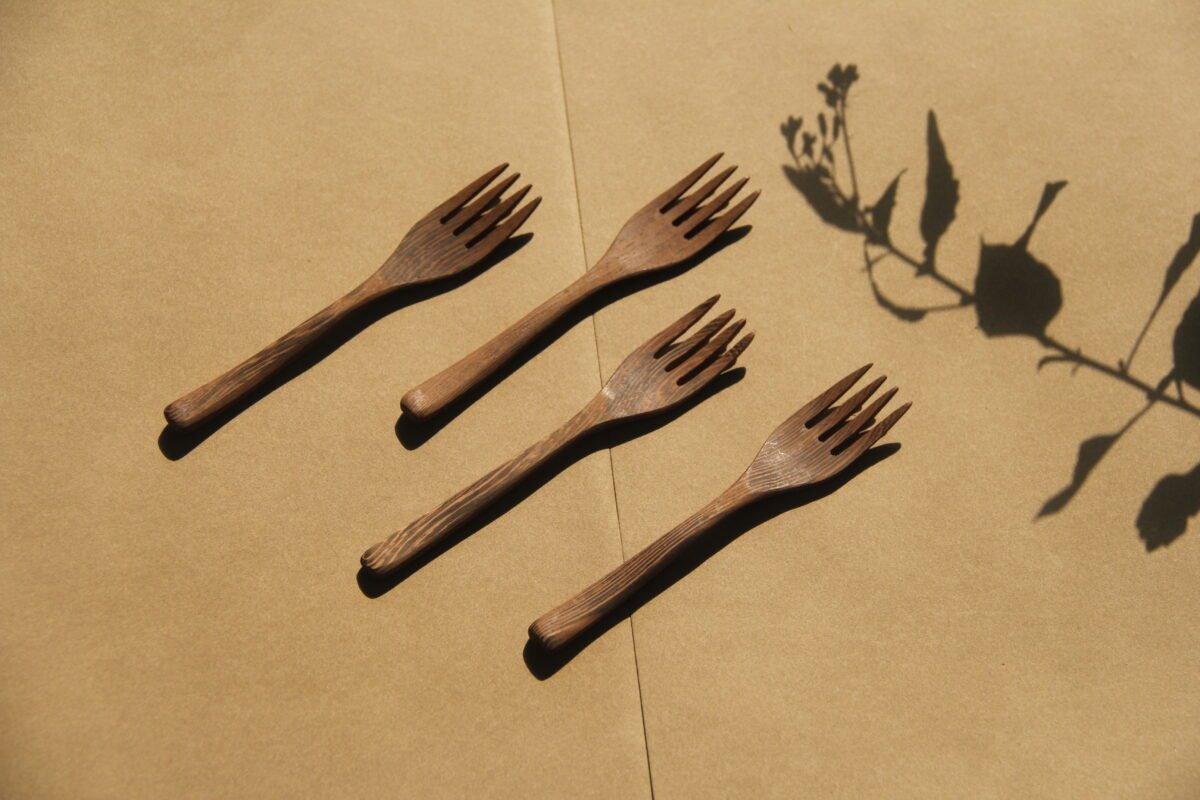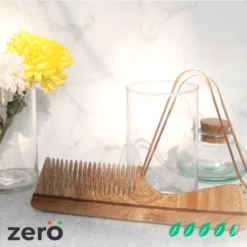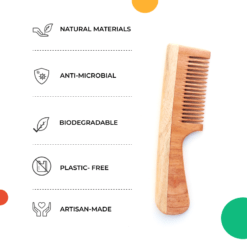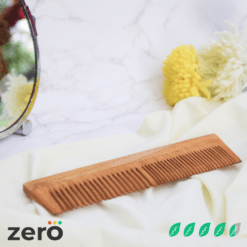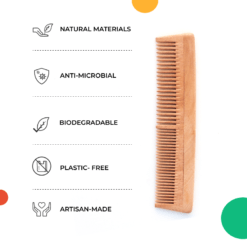Environment, Lifestyle, Sustainability
Wooden Cutlery: Your Alternative to Plastic Is Here
Wood has been a part of human lives for a long time. It is one of the strongest standing building materials as evidence suggests the construction of houses using timber around 10,000 years ago.
From firewood, fuel to furniture, from the stone age to the 21st century, it has a lot of applications in our day-to-day life. It is also used to make wooden cutlery.
Wood is a limited resource and with deforestation issues going strongly in the past few years it has become a commodity of the essence. As a result, wooden products can be a sustainable choice when the wood is obtained from FSC certified trees and complies with the permitted rules of the forestry department.
Let’s look at a few features and effects of using wooden products in daily life as opposed to plastic ones, e.g cutlery.
Advantages of using wooden cutlery
1. Use of natural material:
Wood is obtained from a natural and renewable resource, which can also be sourced from FSC certified aka sustainably managed trees. While plastic is a synthetic material obtained from fossil fuels.
2. Process of production:
Wood may come out as a winner in several environmental factors (such as energy consumption and carbon footprint) as compared to plastic in the production stage (You can refer to the same in the form of ratings and comparison from our table below/ mentioned link).
3. Waste Management/ Disposal:
Wood is a natural, organic material with a good potential for recycling and reuses as compared to plastic items, where only 8.7% of all plastic goes into recycling.
4. Impact on Pollution:
Wood, being a biodegradable material, has a much higher chance of being environmentally friendly as opposed to plastic which ends up as a mismanaged source of waste into the oceans and landfills.
5. Wooden Cutlery is Safe and friendly usage:
Wooden utensils are cookware-friendly; meaning, they won’t create any scratches or blisters upon usage even on the most delicate cooking surfaces.
6. Wooden Cutlery is Non-Conductive:
Wooden spoons are not good thermal conductors, which means that there won’t be a problem holding these spoons whenever you eat frozen or extremely hot food. Therefore you won’t have to be concerned about melting your spoon or burning your hand if you leave it in extremely hot meals for a long time.
7. Shuns the metallic taste:
Wood is an inert material, it is non-reactive and won’t leach harmful chemicals into your food. As a result wooden utensils won’t react with the acids in foods or leave a metallic taste, like metal and copper utensils. Wood is extremely durable and won’t be damaged or create any melting scenarios even if it’s left unattended while stirring.
8. Easy-to-grip products with an authentic dining experience:
Using these pieces of cutlery will give you a homely feeling to every meal you have with an inexplicable vibe of nostalgia and connectedness to mother earth.
9. Durable characteristics:
Wooden cutlery can endure regular use and can even last for longer periods and even for a lifetime, as long as they’re properly heeded for. Therefore you don’t have to worry about them breaking while using for mixing or stirring any kind of dense ingredients either.
10. Bacteria don’t fancy wood:
Germs and bacteria develop much quicker on plastic and metal than on wooden surfaces however research suggests that wood seems to possess inherent germ-killing attributes.
Disadvantages of using wooden cutlery
1. Wooden Cutlery is Susceptible to stains:
When handled in oils, sauces, and soups, wooden cutlery manages to catch stains as wood is penetrable. That’s why there is a worry about these spoons harbouring bacteria and contaminating food. Moreover wooden cutlery if not cleaned rightly, can be a favourable breeding ground for bacteria. Cleaning wooden forks and spoons can be a hassle and soaking them in water for a long time is not a good idea since it tends to weaken the wood and reduce its stiffness.
2. Strenuous cleaning process:
Wood as a natural material has quite a porous structure. Food particles manage to adhere to these surfaces. The downside of using wood utensils is that they are harder to clean than their metallic or plastic counterparts.
Wooden cutlery tend to absorb certain ingredients as the food items such as oils, sauces, dense soups, etc. tend to penetrate them which makes it necessary, after a certain period, to replace or substitute them. They can also draw in certain strong scents like that of onions and garlic. Therefore buying treated wooden items is a must, to avoid the growth of germs and bacteria. Wash them immediately after usage with hot water and soap.
3. Possible wear and tear:
Over a period, the wood finish of wooden spoons can wear off, especially with regular use. Despite being durable materials there are chances of the cutlery items to crack or break into pieces. Asa result the utensils might develop splinters or cracks if it is improperly stored or handled.
To prevent your wooden cutlery’s glaze from deteriorating, apply a bit of coconut oil all over them, leave it overnight, and remove the excess. Wood is an absorbent, porous material, hence wooden cutlery is not very hygienic and is unsuited for long-term applications, as silverware is.
4. Manufacturing:
Wooden products are carefully manufactured and some of them are even handcrafted and most of them have in-built textures and designs that natural wood has and an added shine due to polishing. Manufacturing these products tend to leave a lower carbon footprint as compared to the energy-intensive metallic products or non-environmental friendly plastic.
5. Transportation (Shipping) and Delivery:
When it comes to shipping, plastic might have a comparatively lower carbon footprint since it is a lightweight material and provides ease of transport as compared to solid items like wood or metal products.
What is the rating of Wood on our Sustainability Scale?
We have considered specific factors responsible for making a material a sustainable one and wood stands at 4.5 out of 5!
| Factors | Wood |
| Natural / replenish-able | 1 |
| Biodegradable | 1 |
| Recyclable / Reusable | 1 |
| Lifespan | 0.5 |
| Carbon footprint ( Manufacturing ) | 1 |
| RATING Out of 5 | 4.5 |
Interesting fact about Wooden Cutlery:
The origin of wood is possibly 400 million years ago since scientists in New Brunswick, British Columbia have discovered that plants first developed a structure that could be identified as wood 395-400 million years ago.
Personal Care
Personal Care
